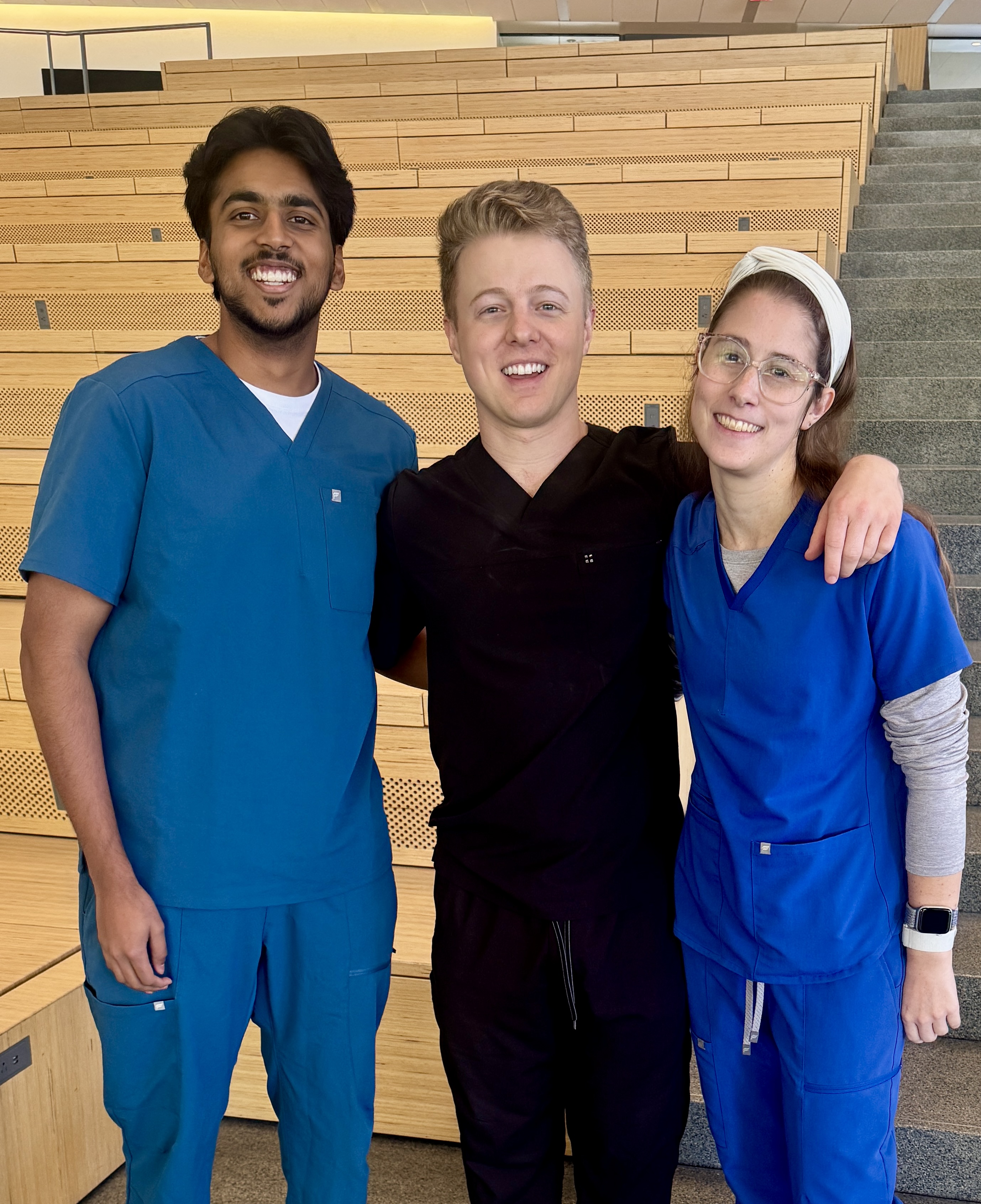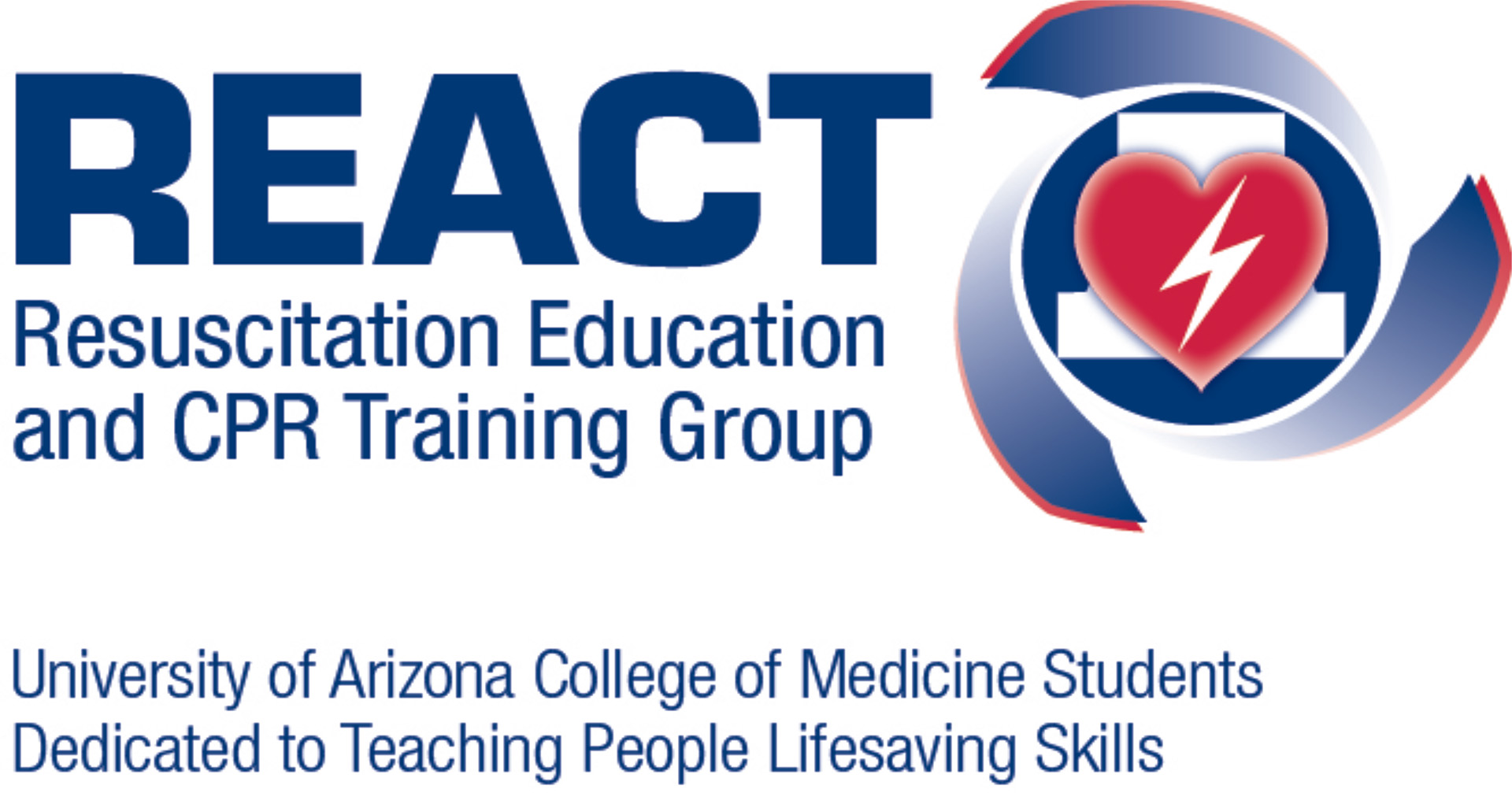Partnering with the University of Arizona College of Medicine – Tucson, we offer no-cost community classes in chest compression-only CPR.
More than 350,000 cardiac arrests occur outside the hospital in the US every year. Every minute after their heart has stopped, a patient’s odds of survival decline. If a patient does not receive CPR, a person can suffer permanent brain damage in 4-6 minutes. Ambulances can take up to 10 minutes to arrive after 911 has been called in urban areas and longer in rural areas. There is enough oxygen in a person’s body to circulate for the first 5-8 minutes. Bystander CPR will circulate oxygen to the brain and heart until the ambulance arrives. The AHA’s statistics show that starting bystander CPR can nearly double a patient’s odds of surviving cardiac arrest.
Knowing how to recognize cardiac arrest, summon emergency services, provide immediate chest compressions, and use an AED can empower anyone to help save the lives of their family, neighbors, friends or any person who has a cardiac arrest. It is quick and easy to learn compression-only CPR!
Medical student volunteer instructors from the College of Medicine’s REACT club are ready to empower you and your community.
For questions or to schedule a CPR training for your group, contact the REACT team at reactuofa@gmail.com.

2025 REACT Medical Student co-presidents (L-R) Amin Shaik, Connor Dietrich, Jenna Wise


